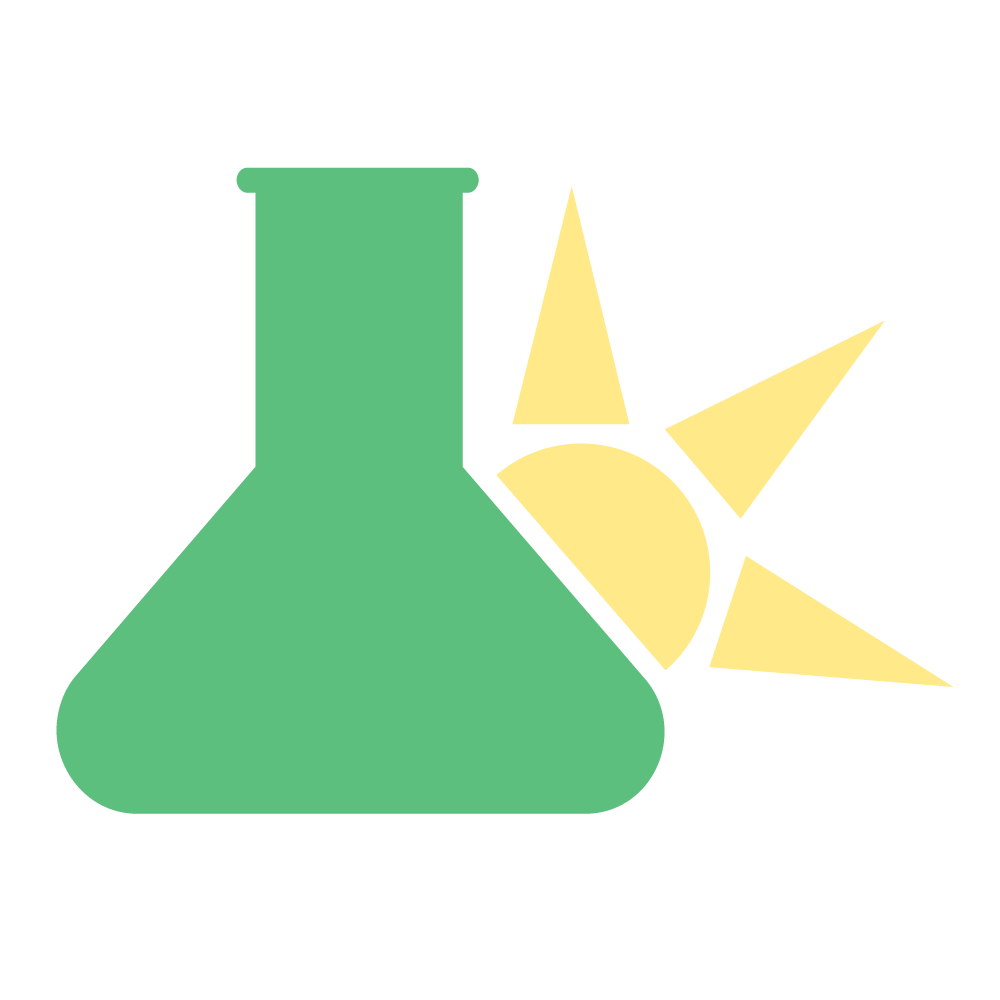What is Horse Chestnut?
Horse chestnut is a large tree with a long history of use for treating vascular conditions like varicose veins and other forms of poor vascular tone.
Its common name originated from a belief that horse chestnut seeds were able to relieve panting horses.
What is Horse Chestnut Used For?
Horse chestnut is mainly used for its astringent and anti-inflammatory activity specific to the vascular system. It's also used for fluid accumulation, chest pain, rheumatism, neuralgia, hemorrhoids, and sinus congestion.
Herb Details: Horse Chestnut
Herbal Actions:
- Astringent
- Antinflammatory
- Decongestant
- Antioxidant
- Antirheumatic
- Analgesic
- Expectorant
- Vasoprotective
Weekly Dose
- (1:2 Liquid Extract)
15–35 mL - View Dosage Chart
Part Used
- Seeds
Family Name
- Sapindaceae
Distribution
- Europe & North America
Constituents of Interest
- Aescin
Common Names
- Horsechestnut
- Conker Tree
- Atkestanesi
- Buckeye
- Eschilo
Duration of Use
- Long term use of horse chestnut is acceptable.
Botanical Information
The Sapindaceae family of plants contains 138 genera, and 1858 different species. The Aesculus genus contains 13-19 different species. Other famous members of the Sapindacea family include maple (Acer spp.), lychee (Litchi chinensis), longan (Dimocarpus longan), Guarana (Paulinia cupana) Ackee (Blighia sapida).
Clinical Applications Of Horse Chestnut:
Horse chestnut is a reliable vascular tonic, suitable for most forms of vascular insufficiency or fluid retention. Varicose veins, spider veins, burst blood vessels, and peripheral vascular and arterial insufficiency are all indicated for use wth horse chestnut internally.
Cautions:
The esculin may be toxic in higher doses. Many horse chestnut extracts will remove this component to improve safety.
Do not use horse chestnut in combination with pregnancy or breastfeeding.
+ Contraindications
- Pregnancy
- Breast feeding
- Kidney disease
- Liver disease
- Anticoagulant medication use














As COVID-19 continues to spread around the world, we’re getting a lot of questions on what the potential role of herbal medicine is during the outbreak. Learn how the virus works and how to limit your chances of transmission.